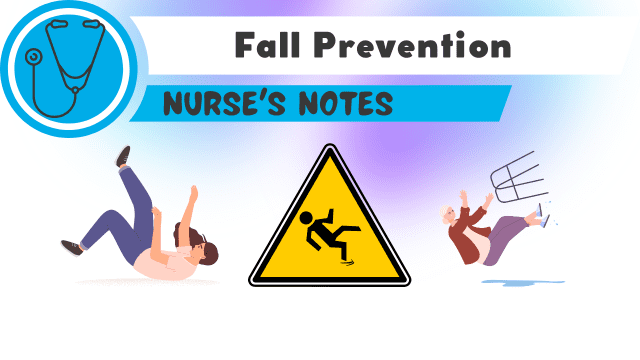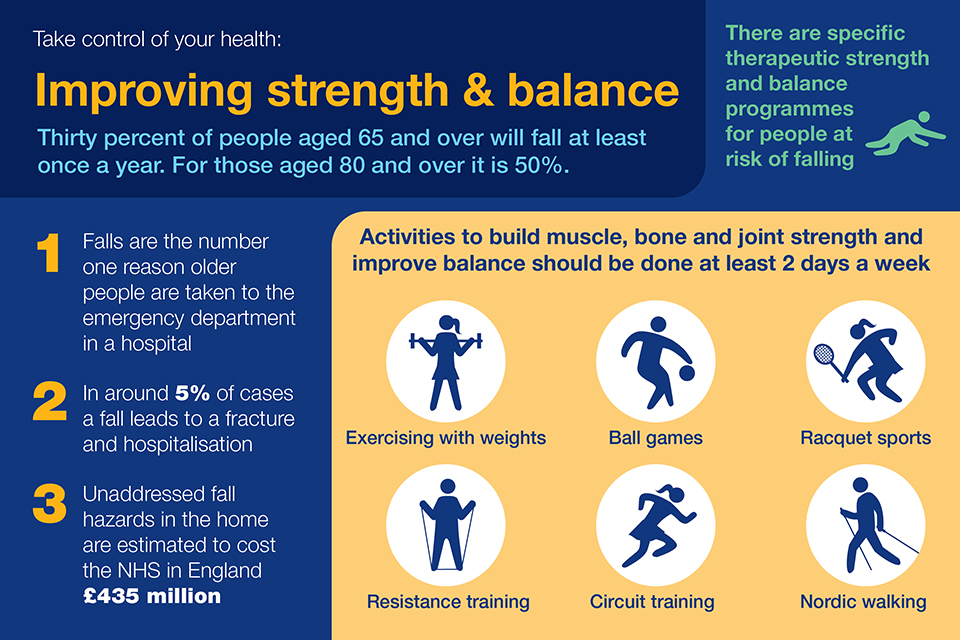6 Easy Facts About Dementia Fall Risk Explained
Table of ContentsThe Ultimate Guide To Dementia Fall RiskDementia Fall Risk Can Be Fun For EveryoneRumored Buzz on Dementia Fall RiskA Biased View of Dementia Fall RiskThe smart Trick of Dementia Fall Risk That Nobody is Discussing
In the area, inadequate street lighting or unguarded creeks and garbage dumps might additionally create mishaps. Falls Danger Evaluation Tool (FRAT) is a 4-item falls-risk testing tool for sub-acute and household treatment. The FRAT has 3 sections: drop threat standing, threat factor list, and activity plan. A Fall Threat Condition consists of data concerning background of recent drops, drugs, mental and cognitive standing of the individual.If the client ratings on a risk variable, the matching number of points are counted to the client's fall threat score in package to the far right. If a person's fall threat score totals five or greater, the person is at high danger for drops. If the client ratings just 4 factors or lower, they are still at some threat of dropping, and the registered nurse should utilize their best clinical assessment to handle all fall risk elements as component of a holistic care strategy.
These conventional approaches, in general, help create a secure setting that reduces unexpected drops and marks core precautionary measures for all clients. Indications are crucial for people at risk for falls.
The Best Guide To Dementia Fall Risk
For example, wristbands ought to include the client's last and given name, date of birth, and NHS number in the UK. Details should be printed/written in black versus a white background. Just red color needs to be used to indicate special individual condition. These recommendations follow current advancements in individual recognition (Sevdalis et al., 2009).
Things that are also far might call for the person to reach out or ambulate unnecessarily and can potentially be a risk or contribute to drops. Aids protect against the person from heading out of bed with no support. Nurses reply to fallers' phone call lights faster than they do to lights started by non-fallers.
Aesthetic impairment can substantially create falls. Maintaining the beds closer to the flooring reduces the danger of falls and major injury. Positioning the cushion on the flooring considerably minimizes fall danger in some health care settings.
A Biased View of Dementia Fall Risk
People who are tall and with weak leg muscles who try to rest on the bed from a standing setting are likely to fall onto the bed since it's too low for them to reduce themselves safely. Also, if a high patient attempts to stand up from a reduced bed without support, the client is likely to fall back down onto the bed or miss the bed and fall onto the flooring.
They're made to advertise timely rescue, not to avoid falls from bed. Aside from bed alarm systems, enhanced guidance for high-risk individuals likewise might help stop falls.

Individuals with a shuffling stride increase loss chances dramatically. To minimize fall threat, shoes need to be with a little to no heel, thin soles with slip-resistant step, and support the ankle joints.
An Unbiased View of Dementia Fall Risk
In a research study, homes with adequate illumination record fewer falls (Ramulu et al., 2021). Enhancement in lighting at home might reduce fall my response prices in older grownups.

Sitters are reliable for guaranteeing a secure, secured, and safe atmosphere. However, studies demonstrated extremely low-certainty proof that sitters minimize autumn danger in intense care hospitals and only moderate-certainty that choices like video surveillance can minimize caretaker Get More Information use without enhancing fall risk, suggesting that caretakers are not as helpful as at first thought (Greely et al., 2020).
Some Ideas on Dementia Fall Risk You Need To Know

Increased physical conditioning minimizes the threat for falls and limits injury that is suffered when autumn takes place. Land and water-based workout programs might be similarly helpful on equilibrium and gait and consequently lower the threat for drops. Water workout may add a positive advantage on balance and stride for ladies 65 years and older.
Chair Surge Workout is an easy sit-to-stand exercise that aids enhance the muscle mass in the thighs and buttocks and improves wheelchair and self-reliance. The objective is to do Chair Increase workouts without making use of hands as the client ends up being more powerful. See sources area for an in-depth guideline on exactly how to perform Chair Rise exercise.